Understanding Home Generators
In the realm of residential backup generators in Houston, understanding the importance and benefits of home generators, particularly standby generators, is vital for ensuring continuous power supply during outages.
Importance of Home Generators
Power outages can disrupt daily life, leading to inconveniences and potential risks. Houston homeowners have faced severe weather events and unexpected power disruptions, emphasizing the critical need for reliable power backup solutions. With unpredictable weather patterns like hurricanes and freeze events impacting the region, investing in a whole-house backup generator is a practical step towards preparedness. Whole home generators ensure a reliable source of power during outages, providing electricity for essential appliances like refrigerators, air conditioners, lights, and medical equipment, thus ensuring the safety and comfort of the family (Goodkrama).
Backup generators play a crucial role in safeguarding homes during emergencies. They prevent secondary issues like property damage due to burst pipes during freezes or spoilage of perishable goods. By keeping critical systems operational, such as sump pumps and HVAC systems, backup generators provide peace of mind and protection against unforeseen events (Quality Texas).
Benefits of Standby Generators
Among the various types of home generators, standby generators stand out for their seamless integration into the home’s electrical system. When a power outage occurs, an automatic transfer switch swiftly transitions the home’s power source from the grid to the generator. This instantaneous switch ensures continuous power supply to the house and isolates the generator from the grid for safety reasons. Standby generators provide instant power during outages, offering convenience and reliability to homeowners.
Moreover, homes equipped with standby generators are more attractive to potential buyers. The added convenience and safety provided by a whole-house backup generator can enhance the resale value of the property. This investment not only ensures comfort and security for current residents but also appeals to future homeowners seeking a reliable power backup solution (Quality Texas).
Understanding the significance and benefits of home generators, especially standby generators, underscores their role in maintaining a stable and secure living environment, even in the face of unexpected power interruptions. For more information on proper installation and maintenance of these valuable devices in Houston, consider consulting standby generator service providers in Houston.
Generator Installation Process
When it comes to installing a home standby generator in Houston, there are specific steps and requirements that homeowners need to be aware of to ensure a smooth and compliant installation process. Understanding the necessary procedures, such as applying for electrical permits, undergoing plan reviews for large projects, and meeting legal survey requirements, is essential to successfully installing a standby generator for your home.
Applying for Electrical Permits
As per the guidelines set by the Houston Permitting Center, registered electrical contractors in Houston who intend to install a standby generator are required to apply for an electrical permit. This permit is crucial to ensure that the installation meets all safety and regulatory standards. Additionally, specific security lighting installations may also necessitate an electrical permit. It is imperative to follow the correct permitting procedures to avoid any setbacks during the installation process.
Plan Review for Large Projects
For large-scale commercial projects in Houston that involve the installation of standby generators, a plan review may be mandatory prior to approval. The plan review process ensures that the proposed installation meets all structural and safety requirements. If submitting plans in paper format, it’s important to provide two complete sets for review according to the guidelines of the Houston Permitting Center. Engaging in the plan review process is essential for ensuring the compliance and feasibility of the generator installation for larger projects.
Legal Survey Requirements
To further enhance safety measures and compliance standards, a legal form survey is now a mandatory requirement during the initial structural inspection in Houston for all new constructions and additions. This legal survey must be presented to the inspector during the first scheduled inspection. Adhering to this new legal survey requirement is crucial to ensure that the installation of the standby generator aligns with the legal and structural regulations in Houston.
By following the procedures for applying for electrical permits, undergoing plan reviews for large projects, and meeting legal survey requirements, homeowners can navigate the generator installation process effectively, ensuring a safe and compliant setup of their home standby generator. For more information on residential backup generators and related services, check out residential backup generator houston.
Choosing the Right Generator
When it comes to selecting a residential backup generator in Houston, one of the key decisions homeowners need to make is choosing the right generator size. This involves considering generator sizing considerations and determining the wattage needs of the household.
Generator Sizing Considerations
The importance of choosing the correct size for a home generator in Houston cannot be overstated. Generator capacities can range from 7,000 watts to over 20,000 watts, depending on the size of the home and the power requirements of essential appliances and systems during an outage.
Before opting for a standby generator, homeowners must assess the specific power needs of their residence. Understanding the electrical load demands of critical appliances and systems is essential in determining the appropriate size of the generator. Oversizing can result in unnecessary expenses, while undersizing can lead to insufficient power supply during emergencies (Brotherly Love Electric).
Determining Wattage Needs
Calculating the wattage requirements of essential appliances and systems is a fundamental step in selecting the right home standby generator. By evaluating the running watts and starting watts of each device, homeowners can estimate the minimum wattage the generator should provide to sustain basic functions during power outages (Brotherly Love Electric).
Generac home generators, available in various sizes and power capacities, offer a wide range of options to accommodate different household needs. These generators range from smaller models producing 7.5 kilowatts (KW) to larger units capable of generating up to 48 KW. The size of the generator directly impacts its continuous operation duration, ensuring that the household remains powered throughout extended outages (Goodkrama).
In Houston, renowned for its extreme weather conditions, having the right whole home standby generator is essential for uninterrupted power supply during emergencies. Brands like Generac offer reliable options that cater to various home sizes and power requirements, guaranteeing that homeowners can find a suitable generator to meet their specific needs. Generac generators are known for their rapid response times and capability to power entire homes, including essential appliances like air conditioners, heaters, and more (Quality Texas).
By carefully assessing generator sizing considerations and determining the wattage needs of the household, homeowners in Houston can make an informed decision when selecting a whole house standby generator to ensure seamless power backup solutions in times of need.
Installation and Maintenance
When it comes to whole-home generator installation, understanding the process and maintenance requirements is essential for ensuring the reliable backup power supply for your Houston home. Let’s delve into the four phases of installation and the importance of proper positioning and compliance.
Four Phases of Installation
As highlighted by Nick’s Generators, the installation of a whole-house standby generator in Houston typically involves four essential phases:
-
Assessment: A thorough assessment of the property is conducted to determine the optimal location for the generator, assess property and installation requirements, and plan for necessary connections.
-
Physical and Electrical Connections: During this phase, the physical connections, including placing the generator on a stable surface like a concrete pad and the electrical connections to the home’s main electrical panel, are established.
-
Testing the System: Once the physical and electrical connections are in place, the generator is tested to ensure that it operates seamlessly and can provide backup power when needed.
-
Final Inspections: The final phase involves obtaining inspections from the appropriate authorities to ensure that the installation complies with local building codes and safety regulations. These inspections are crucial to ensure the proper functioning and safety of the standby generator system.
Positioning and Compliance
According to Brotherly Love Electric, proper positioning of the whole-home standby generator is key to its effective operation and safety. When positioning the generator, several factors should be considered:
-
Away from Hazards: The generator should be located away from windows, doors, and ventilation intakes to prevent carbon monoxide hazards and ensure proper ventilation.
-
Stable Surface: Position the generator on a stable surface, such as a concrete pad, to ensure it remains secure during operation.
-
Close to Fuel Supply: Place the generator close to fuel supply lines to ensure easy access for refueling when necessary.
-
Compliance with Codes: Ensure the generator is positioned in compliance with local building codes and regulations to guarantee both safety and legal adherence.
By following these positioning guidelines and ensuring compliance with local regulations, you can maximize the efficiency and safety of your whole-home standby generator. Regular maintenance and upkeep are also crucial to ensure that your generator continues to function optimally and provide reliable power backup during times of need.
Cost and Efficiency
Understanding the financial and operational aspects of installing a whole-home generator in Houston is essential for making an informed decision. Let’s delve into the average installation cost of a standby generator and its impact on utility bills.
Average Installation Cost
For the average homeowner in Houston, investing in a residential backup generator capable of powering the entire house typically ranges between $10,000 and $15,000. This initial cost may vary based on the generator size, brand, installation requirements, and any additional features. However, this investment is often deemed worthwhile, especially in a region like Houston that faces the annual threat of hurricanes and potential power outages (Space City Weather).
It’s important to factor in all associated costs, including the generator unit itself, installation labor, permits, and any necessary electrical work. Additionally, ongoing maintenance and fuel costs should be considered to ensure the longevity and optimal performance of the generator.
Impact on Utility Bills
The impact on utility bills after installing a whole-home generator is a significant consideration for homeowners in Houston. During extreme events such as winter storms or hurricanes, having a standby generator service can provide peace of mind and continuity of power without causing a substantial increase in utility expenses.
Reports from Houston residents indicate that running a whole-house generator for about 20 hours during the winter storm resulted in only an approximate $20 increase in their natural gas bill. This minimal impact can be attributed to the efficient use of natural gas as the primary fuel source for the generator system (Space City Weather). The ability of the generator to seamlessly switch on during power outages and supply electricity to essential appliances contributes to maintaining comfort and functionality in the household, without drastically affecting ongoing utility costs.
Investing in a whole-home generator not only ensures reliability and convenience during power outages but can also enhance the resale value of homes in Houston. Potential buyers recognize the added safety and security features of a backup generator, making properties equipped with such systems more appealing (Quality Texas). Moreover, with the rising occurrence of severe weather events in the region, having a backup plan in place with a reliable whole-home generator becomes increasingly vital for homeowners in Houston.
Generator Types and Lifespan
When considering residential backup generators in Houston, one crucial aspect to evaluate is the type of generator and its expected lifespan. Standby generators and portable generators are two common options available, each with unique characteristics in terms of longevity and maintenance requirements.
Standby vs. Portable Generators
Standby generators, as highlighted by Goodkrama, boast a longer lifespan compared to portable models. Standby generators can endure for up to 20 or even 30 years with proper maintenance, making them a durable and reliable choice for whole-home backup power needs. These generators are permanently installed outside the home and automatically kick in during power outages, ensuring uninterrupted power supply to essential appliances and systems.
On the other hand, portable generators typically last around 6 to 10 years. While they offer versatility and mobility, they are more suitable for temporary or smaller-scale power needs. Portable generators require manual setup and fueling, making them less convenient for long-term use during extended outages.
Longevity and Maintenance
The lifespan of a generator is also influenced by its continuous operation time and maintenance. According to Goodkrama, typical home generators can run continuously anywhere from 8 hours to several days, depending on fuel type and load size. Factors such as the power load the generator is supporting and its fuel capacity directly impact how long it can operate without interruption. Generators powering the entire house with high-consumption appliances may require more frequent refueling pauses.
Maintenance plays a crucial role in prolonging the lifespan of a generator. Regular servicing and upkeep, including oil changes, filter replacements, and system inspections, are essential to ensure optimal performance and longevity. Manufacturers like Generac offer home generators in various sizes and power capacities, ranging from 7.5 KW to 48 KW, with larger units having extended run times thanks to their enhanced fuel capacity and robust engines (Goodkrama).
Home standby generators are designed to provide a reliable source of power during outages, offering electricity for critical appliances like refrigerators, air conditioners, lights, and medical equipment. By understanding the differences between standby and portable generators and considering their lifespans and maintenance requirements, homeowners in Houston can make an informed decision when selecting the best whole house generator for their specific needs.

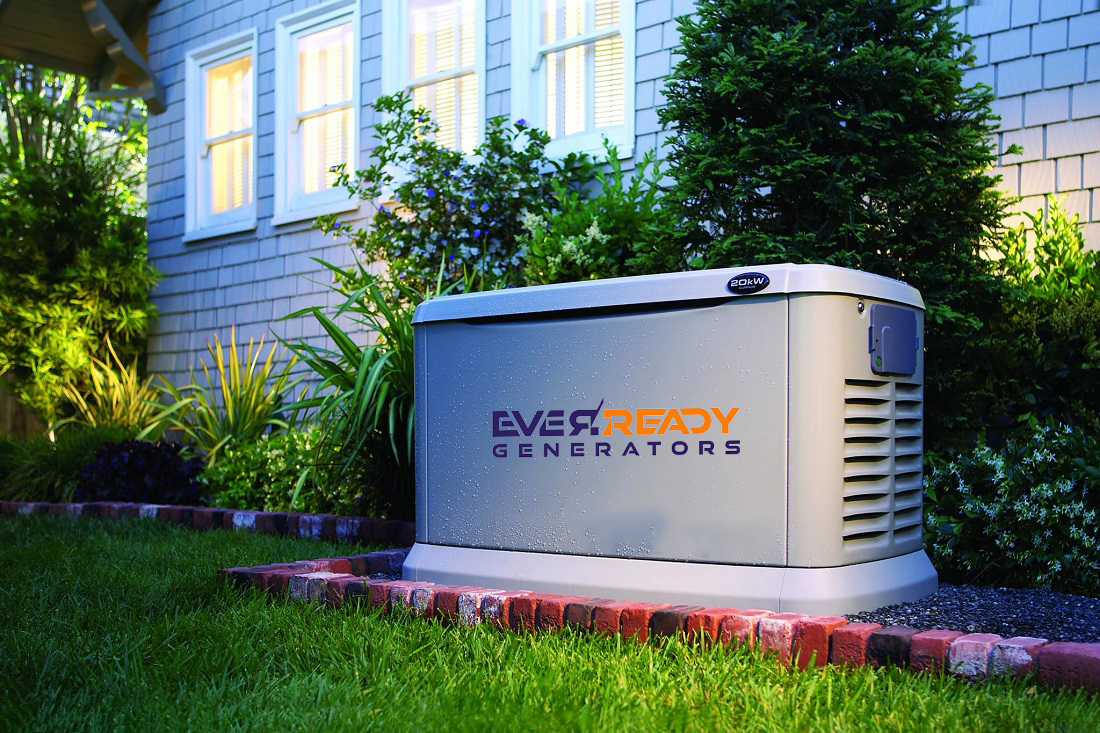

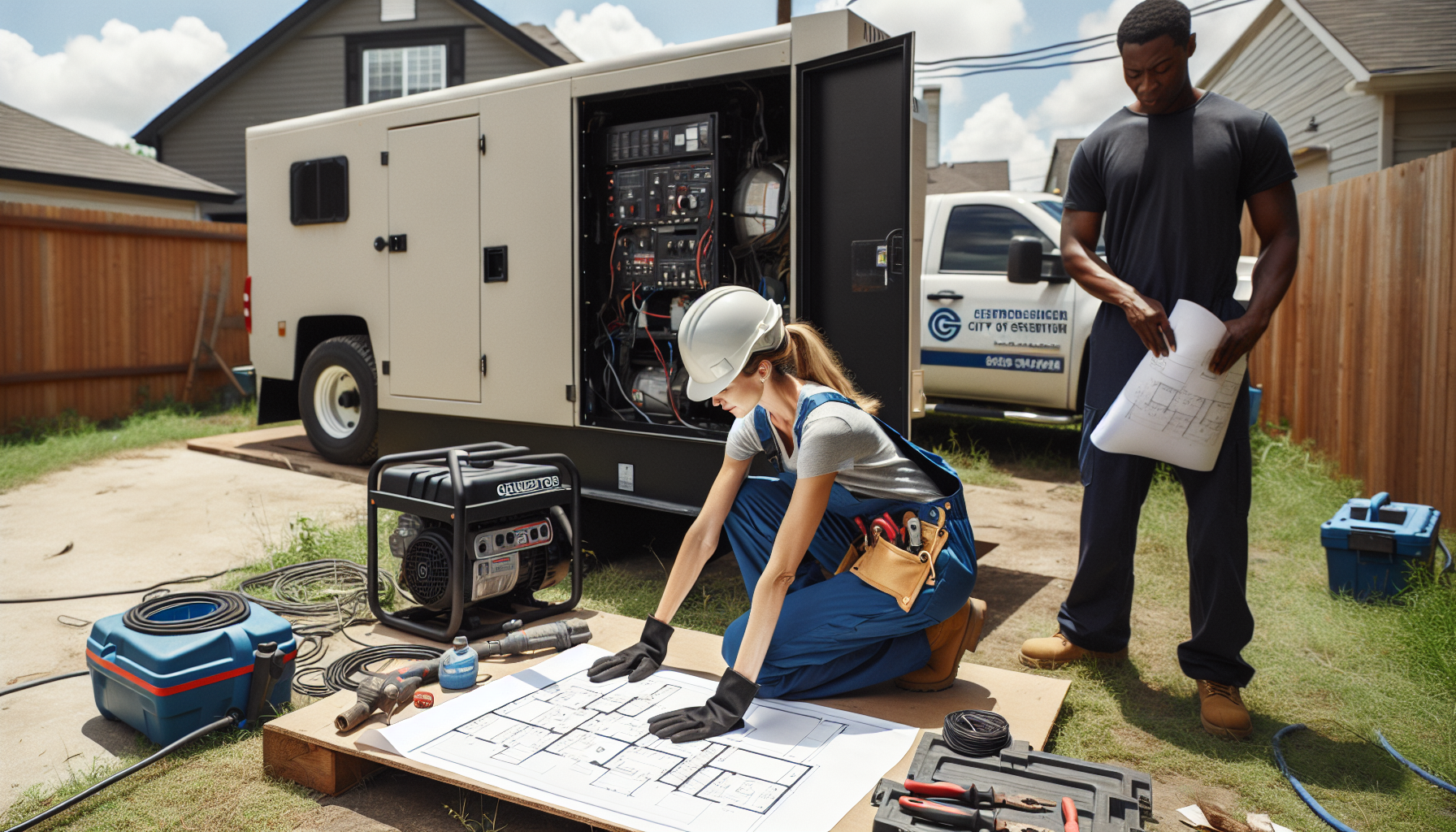
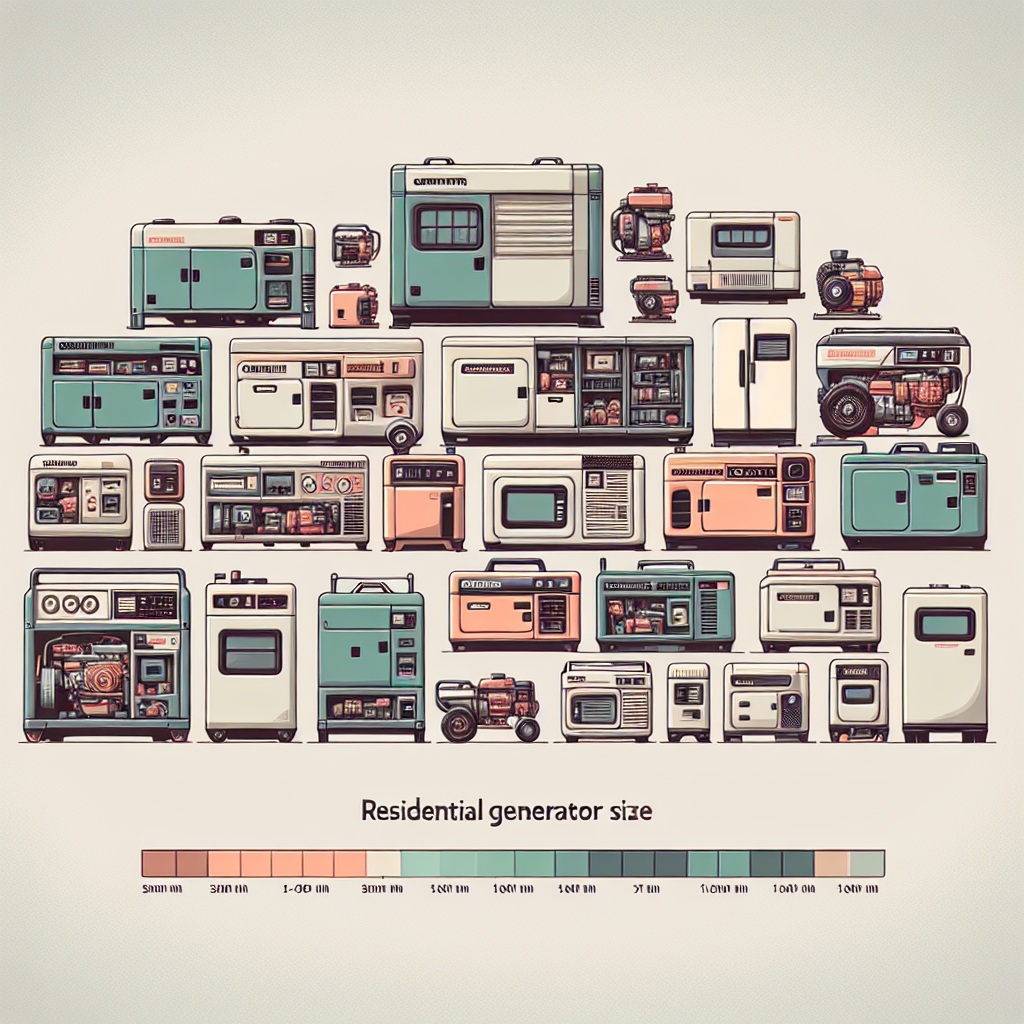
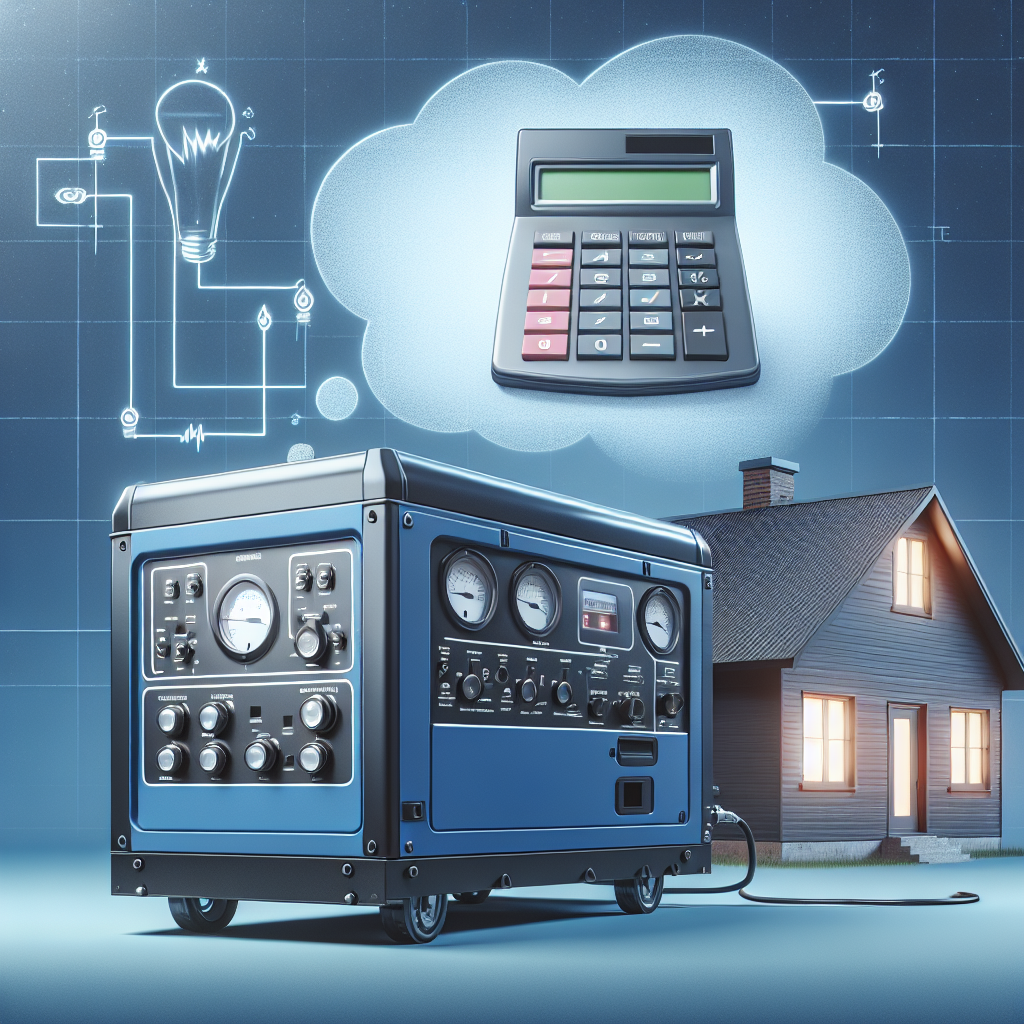
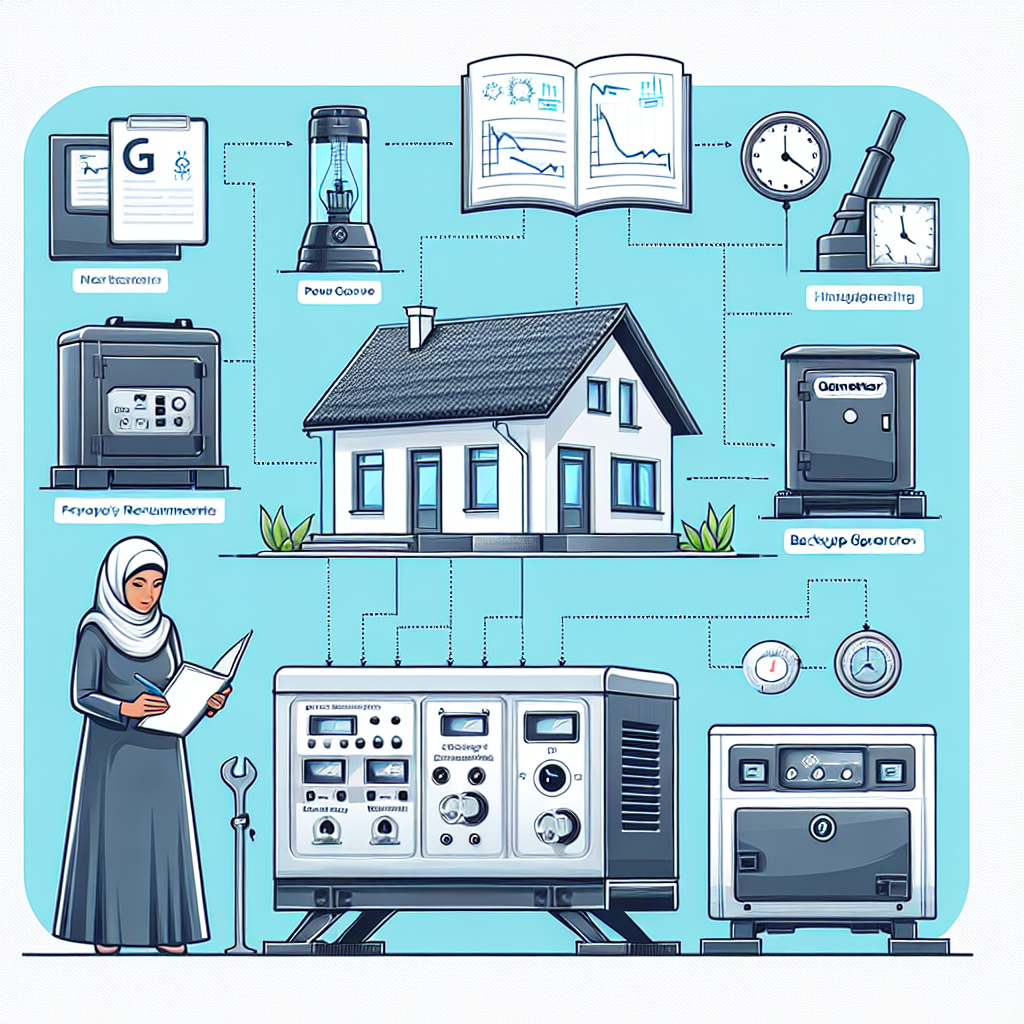
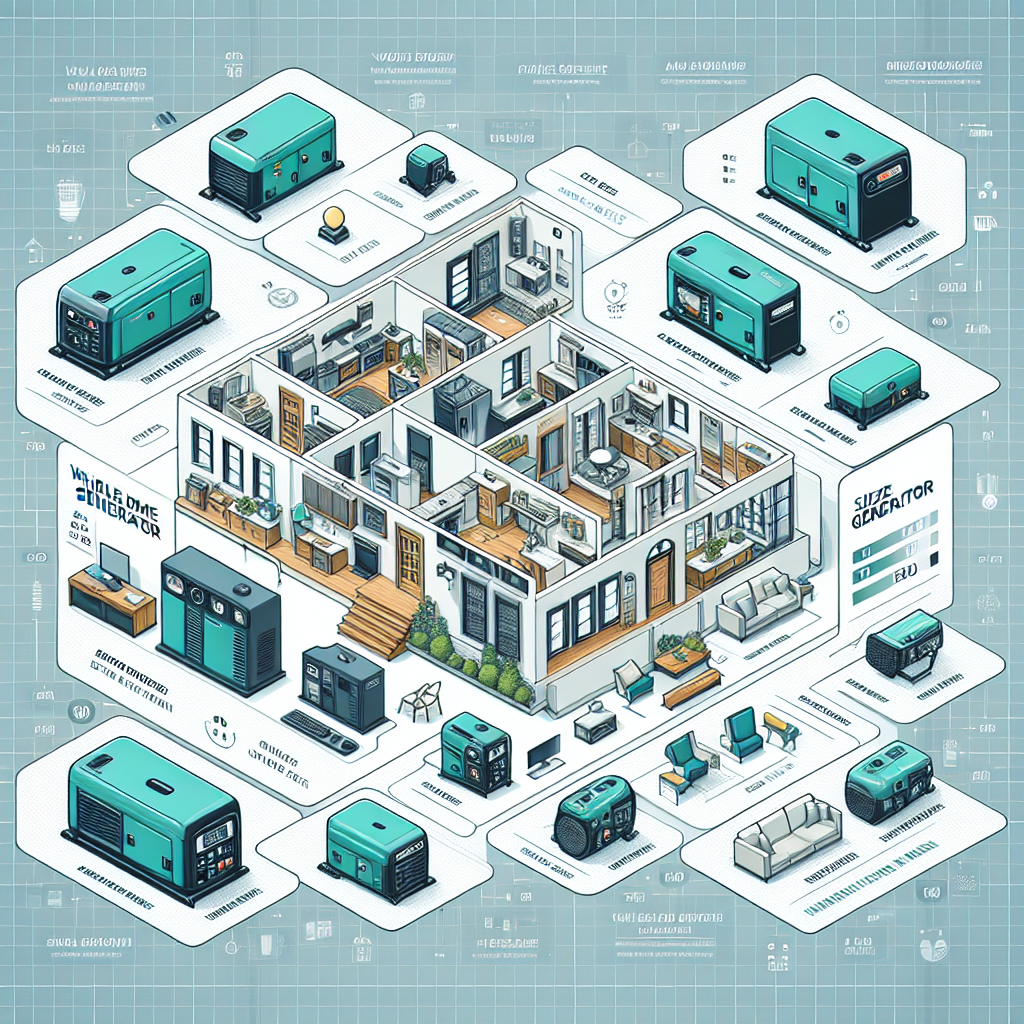
Leave a Reply